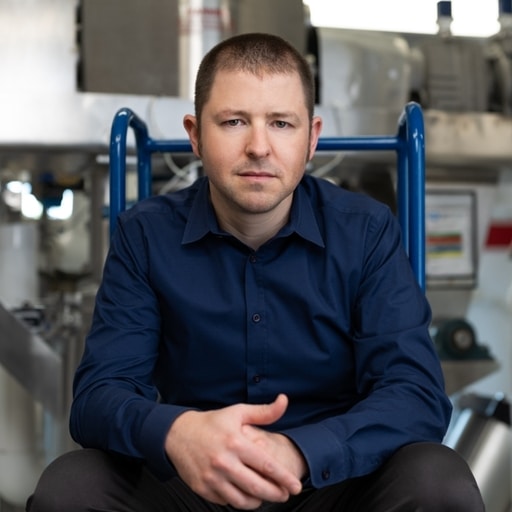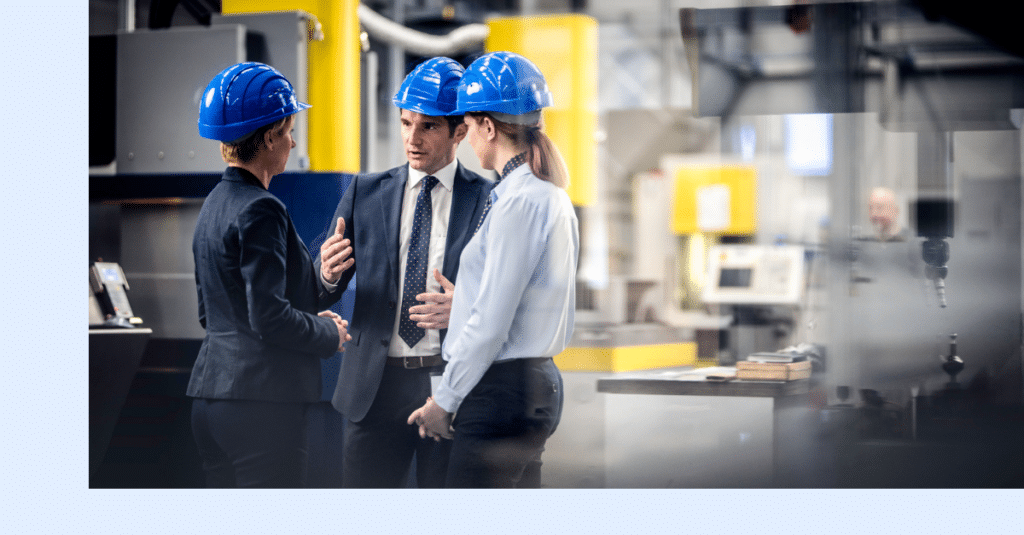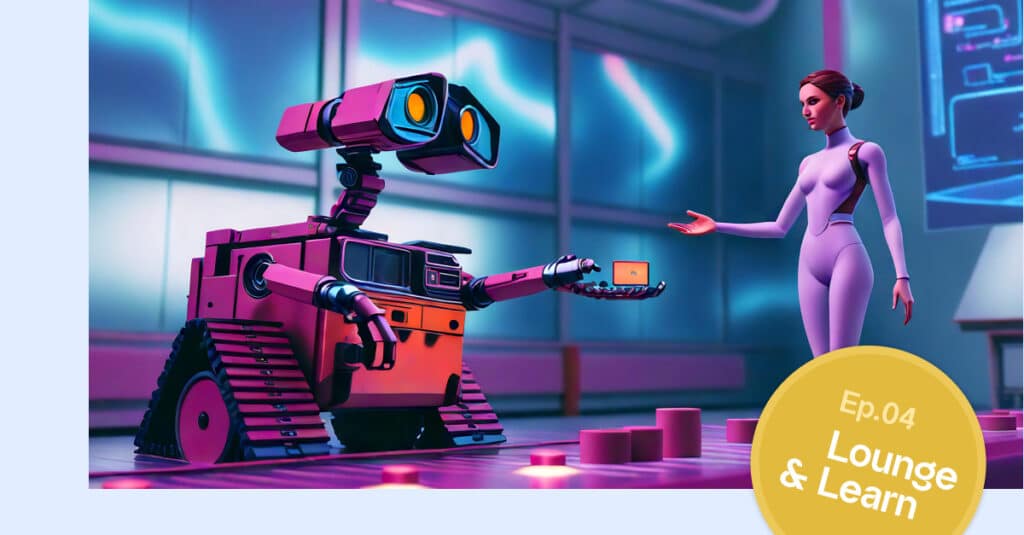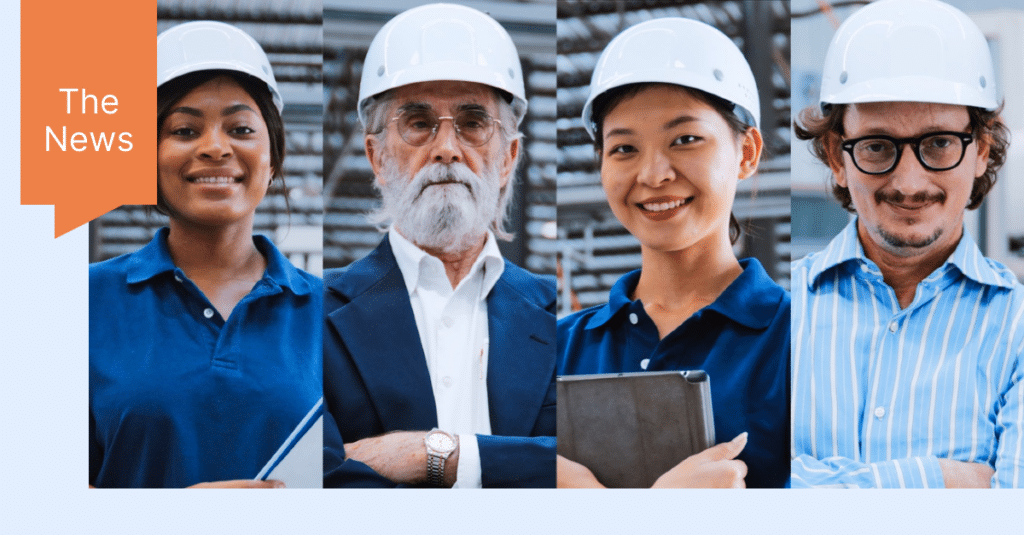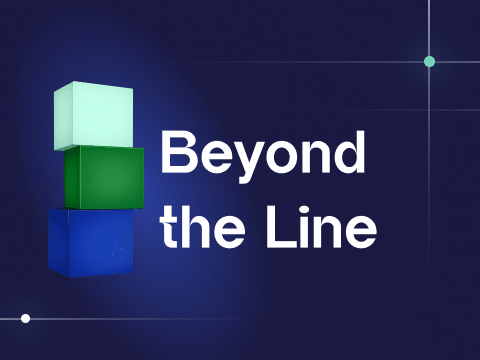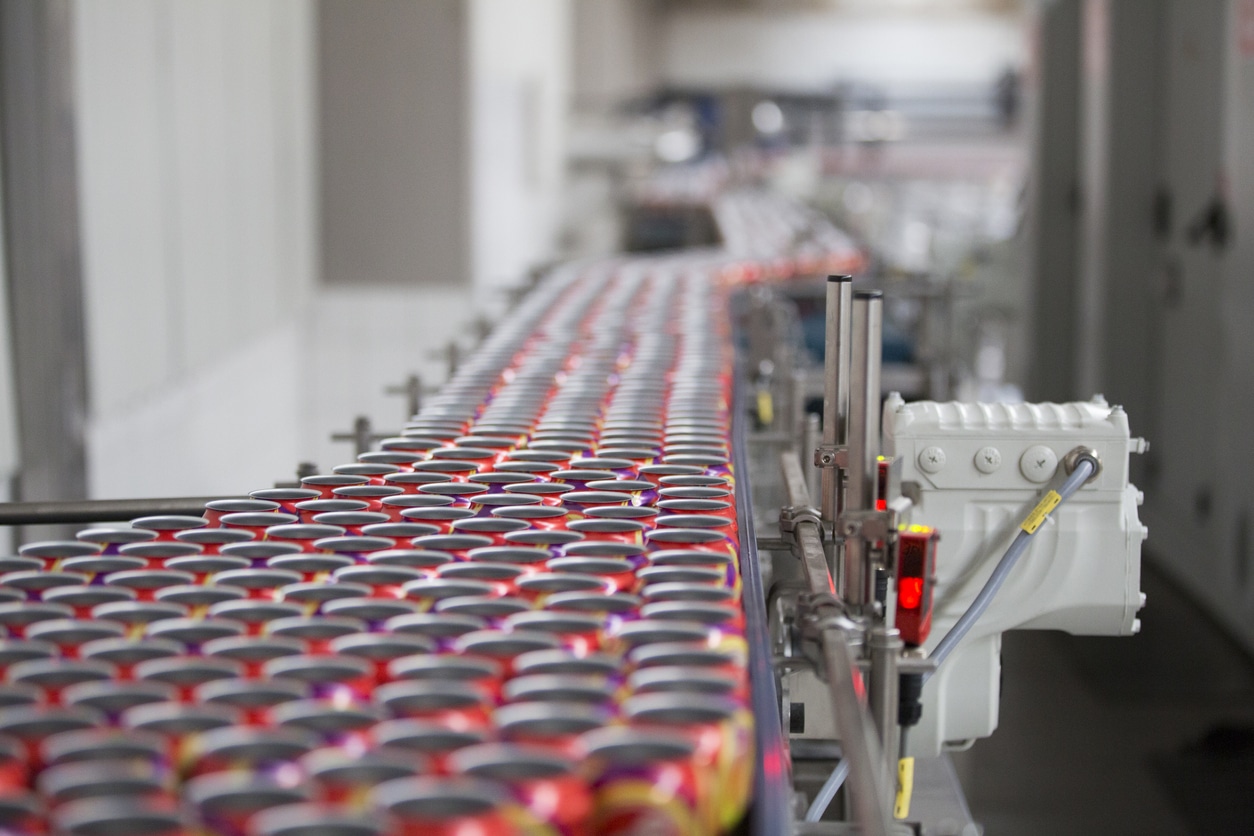
More than two-thirds (69%) of CPG manufacturers said they planned to increase AI investments over the last year (second only to food and beverage manufacturers at 74%). And they have high hopes for those investments: when asked which production goals they believe AI can help them achieve, CPG leaders listed workforce, capacity, and yield/throughput issues.
Consumer packaged goods (CPG) manufacturing covers a lot of ground–from toothpaste, diapers, and cosmetics to yogurt, chips, and beer. But while diverse in products, CPG organizations all face similar challenges–but some companies are driving deep changes in the industry.
Consider just a few shifts happening in CPG: Barriers to enter the market are lower than ever, consumer tastes are moving toward more personalized and healthy products, and sustainability standards are changing how products are produced up and down the supply chain. All of this is putting strain on manufacturers to become leaner, cleaner, and more efficient across the board–from improving capacity and uptime to reducing waste and attracting and keeping workers.
CPG Sees Red Flags with Capacity and Workforce Issues
Augury’s recent manufacturing-wide survey, The State of Production Health, uncovered fascinating details around those challenges, shedding light on how CPG compares to other industrial sectors and offers insight into how organizations are using technology to overcome their biggest hurdles.
When asked to name their three biggest manufacturing challenges, CPG respondents answered with a consistency not seen in the other verticals:
- Workforce constraints/upskilling and capacity constraints tied for first–the top picks among almost half of all respondents; forecasting production and scheduling came in just under those.
By comparison, manufacturers as a whole across all nine surveyed verticals listed the high cost of materials/energy, capacity constraints, and quality/yield/throughput issues as their top three challenges.
CPG leaders reiterated their workforce concerns elsewhere in the survey:
- When asked to name the primary factor that could limit their ability to meet production targets and business objectives over the next 18 months, staffing constraints topped the list by a mile with nearly 42%–considerably higher than any other vertical in the survey.
- Diving deeper into those staffing challenges, CPG leaders tagged increasing competition and knowledge transfer as their thorniest workforce obstacles; interestingly, lack of technology came in third.
The findings paint a difficult picture, to be sure, but there is also evidence of positive approaches to these challenges, especially in the industry’s embrace of Artificial Intelligence (AI) technology. Still, they’ll need to better harness its true potential before they can claim victory.
AI as Tool, Not a Remedy
More than two-thirds (69%) of CPG manufacturers said they planned to increase AI investments over the last year (second only to food and beverage manufacturers at 74%). And they have high hopes for those investments: when asked which production goals they believe AI can help them achieve, CPG leaders listed workforce, capacity, and yield/throughput issues.
Those are smart targets for the industry. CPG manufacturing processes are complex and dynamic, with variables like raw material use, quality concerns, energy consumption, machine health conditions, and other shifting priorities making it incredibly difficult to find the right balance as you try to meet capacity or yield goals.
Applied to manufacturing process health, purpose-built AI (solutions developed for and directed at specific process challenges) infuses machine learning algorithms with deep process expertise from a production line. This allows AI to go beyond just looking at data to consider all the unique variables of that production line, from dynamic traceability to loops, buffers, raw material variances, parallel processes, multiple SKUs, and other considerations. This, in turn, allows teams to better target and meet goals around capacity, yield, throughput, and other KPIs.
AI-powered machine health solutions use sensors to monitor pumps, motors, conveyors, and other types of rotating assets for anomalies in vibration, temperature, and other factors. By analyzing the data in real time, the solution provides accurate and actionable insights to maintenance and reliability teams, helping them resolve issues before they cause unplanned downtime and production disruption.
Importantly for CPG companies, purpose-built AI solutions not only outperform traditional, human-led approaches to manufacturing optimization, but they also improve upon the skills of the humans themselves. Empowered with AI co-pilots, teams are freed from mundane tasks and firefighting, allowing them to act faster and smarter and focus on optimizing production lines.
It’s precisely this kind of AI investment CPG companies should be pursuing as they look to retain or regain market share and become truly resilient, efficient organizations.
One leading global CPG company’s experience with AI-driven predictive maintenance serves as a prime use case. By embracing AI and IoT technologies early and quickly, they were able to uncover issues in a critical machine, saving 2.8M pieces of end-product and avoiding 192 hours of machine downtime.”
The manufacturing environment is changing fast, across all verticals, and leveraging purpose-built AI is not just a nice-to-have–it’s an essential component for a competitive company. With more efficient processes and machines, organizational resilience, and an intelligent, well-armed workforce, CPG organizations will not just survive, but thrive, while also impressing consumers with higher quality, fairly priced, and innovative products.
Read the full “State of Production Health” report here. Then see how Augury’s AI can deliver value to your manufacturing business.
